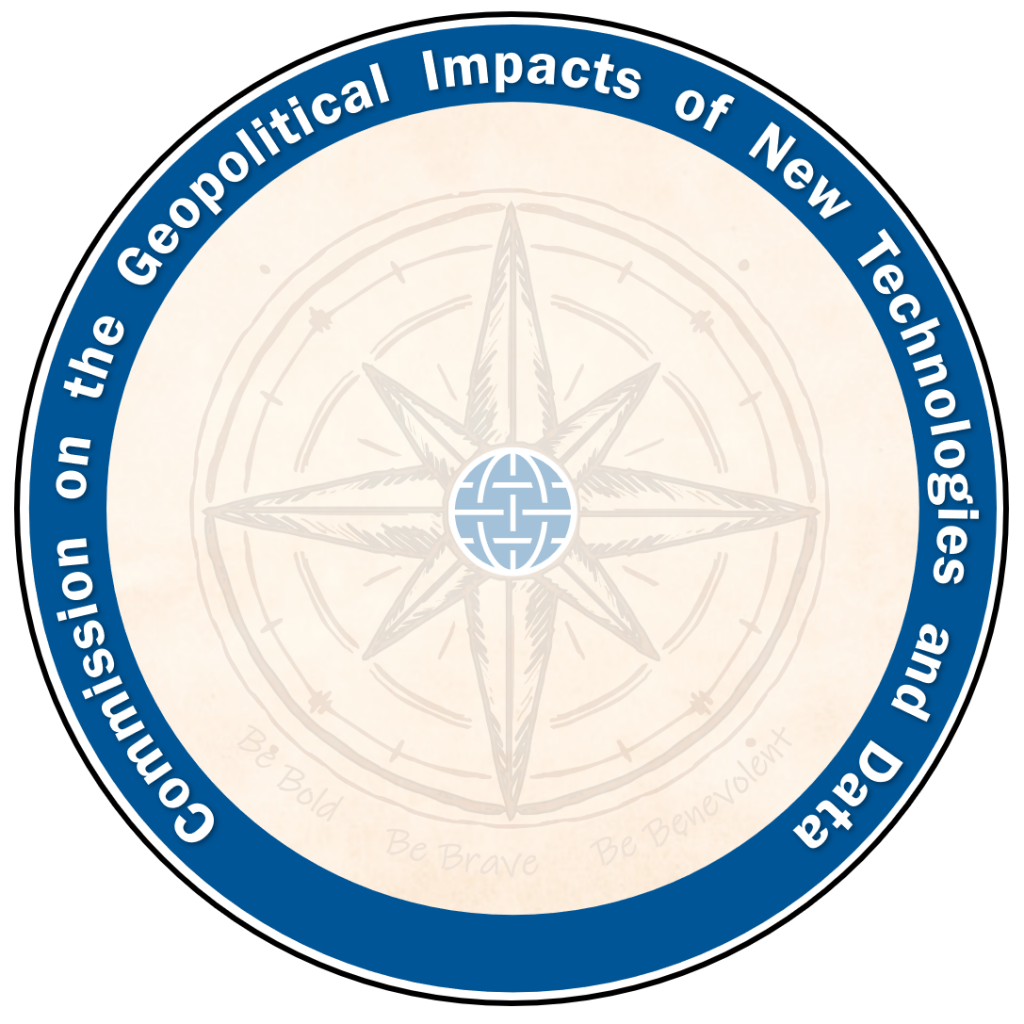
On Wednesday, July 26th, the Equitable AI Community of Practice hosted its second public workshop, focusing on gender inclusive AI governance. Expert panelists and presenters discussed the challenges and opportunities for achieving greater equity in the development and deployment of AI systems and policy.
An introduction from USAID Counselor Clinton White led into a panel with Kelly Stone and Sarah Myers West, moderated by USAID Gender & AI Fellow Genevieve Smith. Dr. Stone, the Director of Research and Capacity Building for the Global Index on Responsible AI at Research ICT Africa, spoke about her organization’s work to ensure that responsible AI approaches are more understandable and support AI policy. She emphasized that for AI governance to be truly equitable, there must be mechanisms through which the Global South can meaningfully engage in and drive the development of principles and guidelines. Dr. Myers West, the Managing Director of the AI Now Institute and a Former Senior Advisor on AI at the Federal Trade Commission, agreed, adding that it is imperative that global regulatory approaches are not simply “templatized” Western-driven frameworks. Also, we must continue to ask: who is disproportionately harmed by these systems and where do benefits disproportionately accrue? These underlying questions can be a diagnostic tool for larger regulatory and policy questions. When asked to give advice to current AI practitioners, Dr. Myers West recommended building interdisciplinary and diverse teams while also inviting dissenting voices to improve and advance more equitable AI. Both emphasized the urgency of taking action.
The workshop then shifted into two flash presentations. Rutendo Chabikwa, a DPhil candidate and Gender and Technology Consultant at the Oxford Internet Institute, discussed gender and AI policy in Africa. Her presentation focused on recent efforts by African regional bodies, including the African Union and the Southern African Development Committee, to promote development across the continent, including through the use of AI. Ms. Chabikwa finds that these efforts do not adequately address gender harms; she recommends integrating inclusive data practices and cross-industry collaboration to mainstream gender concerns into development. Paola Galvez-Callirgos, former Consultant Strategic Advisor of Digital Regulation for the Government of Peru and a Master of Public Policy candidate at the University of Oxford, gave the final flash presentation. She spoke about Peru’s attempts to integrate gender equality into its AI strategy, including by reducing the gender gap in AI training programs. Ms. Galvez-Callirgos also highlighted how AI governance must be a multistakeholder process, particularly in the inclusion of the Global South population.
An audience Q&A concluded the workshop. In response to a question about bias embedded in datasets, Dr. Myers West noted that it is critical for systems to have greater disclosure about what goes into their training data; nothing can be done about embedded bias without clarity on what a dataset includes. When asked about how to avoid policies that suppress minority voices, Dr. Stone and Ms. Chabikwa emphasized the importance of applying other human rights instruments beyond AI policy. Regarding the risk of AI overregulation stifling innovation, Ms. Galvez-Callirgos noted that attenuating that risk is one reason that it is essential to have collaboration between government, industry, civil society, and academia.
Speakers
Sarah Myers West
Managing Director, AI Now Institute
Former Senior Advisor on AI, Federal Trade Commission
Kelly Stone
Director of Research and Capacity Building for the Global Index on Responsible AI
ICT Africa
Rutendo Chabikwa
DPhil Candidate and Gender and Technology Consultant
Oxford Internet Institute
Paola Gálvez-Callirgos
Policy Researcher, Former Strategic Advisor of Digital Regulation for the Government of Peru, and Master of Public Policy Candidate
University of Oxford
Moderated by
Genevieve Smith
Gender & AI Fellow
USAID
Caroline Thompson
Program Assistant, GeoTech Center
Atlantic Council
Related event

GeoTech Center
Championing positive paths forward that societies can pursue to ensure new technologies and data empower people, prosperity, and peace.

Follow the conversation on Twitter with @ACGeoTech and @AtlanticCouncil using #GeoTechHour